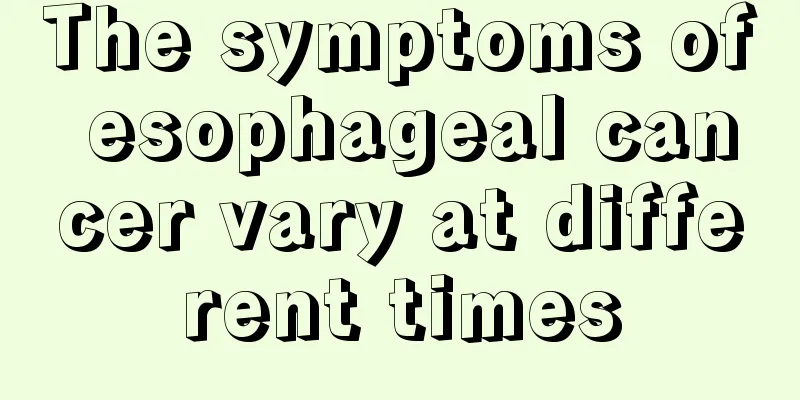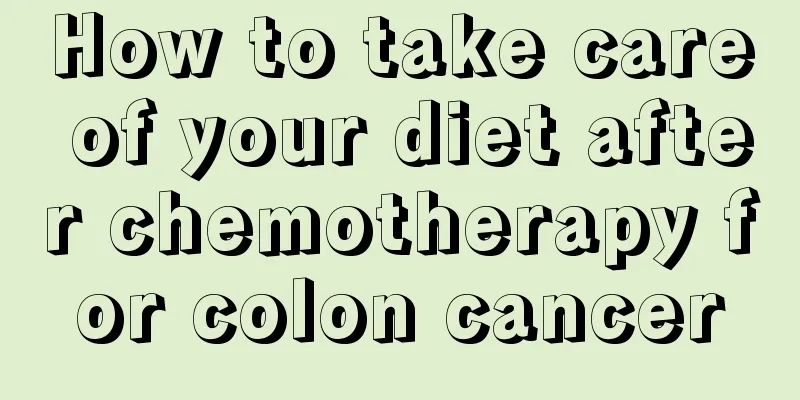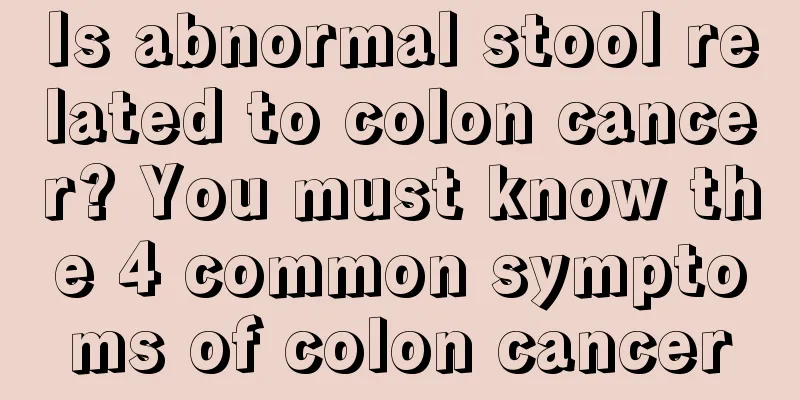The symptoms of esophageal cancer vary at different times

|
Esophageal cancer is relatively common among cancers. Many people may get this disease. Do you know what the symptoms of esophageal cancer are? The answer to this question is that people often want to ask. In fact, the symptoms of esophageal cancer vary at different times. The formation of esophageal cancer is caused by the gradual transformation of normal epithelial cell receptors of the esophageal mucosa into cancer due to stimulation from various internal and external factors. It is still unclear how long it takes for normal epithelium to develop into cancer. Generally speaking, it takes several years for severe hyperplasia of esophageal epithelium to develop into cancer, and about a year for early cancer to develop into mid- to late-stage cancer. What are the symptoms of esophageal cancer in the early stage? Symptoms of esophageal cancer may include pain behind the sternum in the early stages, which is more common when eating rough food. It is a tingling, burning or friction pain behind the sternum or under the xiphoid process, which can be relieved by taking antispasmodics. The pain site and lesion site of esophageal cancer patients are often inconsistent. Symptoms of esophageal cancer include foreign body sensation or food retention in the early stages. The foreign body sensation is often a slight tightening and stuffy feeling behind the sternum, which has no obvious relationship with eating and can be intermittent or continuous. Or occasionally, there is a feeling of food sticking to the esophageal wall when eating. The main symptoms of advanced esophageal cancer include progressive dysphagia, which eventually develops into difficulty drinking water and even difficulty passing saliva. Food reflux and chest and back pain. If the cancer invades the trachea and bronchus, esophageal-tracheal fistula and (or) esophageal-bronchial fistula may form, resulting in severe coughing, dyspnea and lung infection symptoms. What other symptoms of esophageal cancer are there? Some esophageal cancer patients feel dryness or tightness in the throat when eating dry food; a few patients have belching. The above are the early symptoms of esophageal cancer described by Western medicine, which are basically consistent with the choking disease in traditional Chinese medicine. Choking means difficulty swallowing and difficulty swallowing; and the diaphragm in traditional Chinese medicine means obstruction of the chest diaphragm, vomiting after eating or even inability to eat, which means obstruction. The above is the explanation given by experts on the symptoms of esophageal cancer. I hope it can help you answer your questions. Experts remind that if you cannot distinguish the type of disease, the best way is to go to the hospital for examination. Do not take medicine at random according to your own will, which will worsen the condition or cause other diseases. For more information, please visit the esophageal cancer special topic at http://www..com.cn/zhongliu/sda/ or consult an expert for free. The expert will then give a detailed answer based on the patient's specific situation. |
<<: How can malignant lymphoma be treated
>>: Symptoms of esophageal cancer may manifest as tingling
Recommend
How long does it take to be hospitalized for nasopharyngeal cancer treatment?
How long does it take to be hospitalized for naso...
What are the dangers of taking contraceptive pills after abortion
You are not allowed to have sex within one month ...
How long should babies stop taking probiotics?
The gastrointestinal function of babies is relati...
Breast cancer KI67 index 70%: Does it mean high risk?
🍬Dear readers, today we are going to discuss a co...
Can I use eye drops during confinement?
You must be cautious when taking medications duri...
Will angina cause back pain?
Angina pectoris is a relatively common disease an...
There are many signs of cerebral hemorrhage. Here are 4 tips to help you prevent it in advance
Cerebral hemorrhage, also known as cerebral hemor...
Why do we eat mooncakes during the Mid-Autumn Festival
During the Mid-Autumn Festival, people miss their...
What is the reason for the rash on the face
For young and beautiful female friends, it is abs...
How to treat stomach cold symptoms
The most common symptoms of stomach cold are stom...
What's going on with my eyes swelling and headache
Headache can be said to be a very common clinical...
First aid for leg cramps?
Cramps are a very common phenomenon. The parts of...
Is tofu a cold food?
Tofu is a cold food, so patients with weak gastro...
Common classification of multiple cervical lymphadenopathy
In life, we may not always be smooth sailing. Som...
What are the benefits of soaking your feet after exercise
It is beneficial to soak your feet after exercise...









